Chien Dan Cham Towers
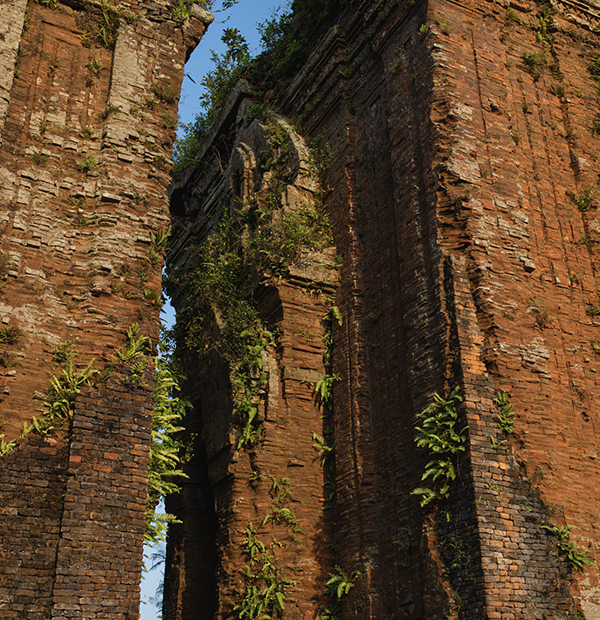
Chien Dan Cham Towers
The Chien Dan towers were built by the Cham in the late 10th or early 11th centuries, during the reign of King Harivarmadeva. Visit the towers and small museum for a look into the past.
Ky Anh Tunnels
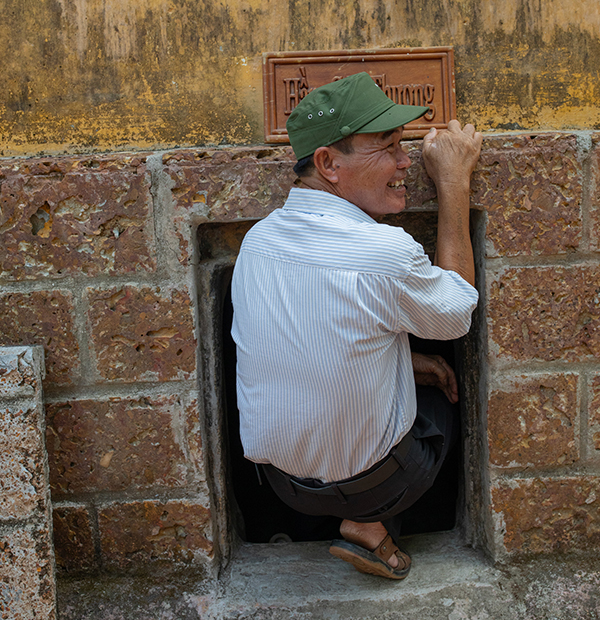
Ky Anh Tunnels
The third largest tunnel system in Vietnam is hidden under Thach Tan Village. You can learn the story of the tunnels in the visitor center, and crawl through tunnel sections with a local guide.
Tam Ky
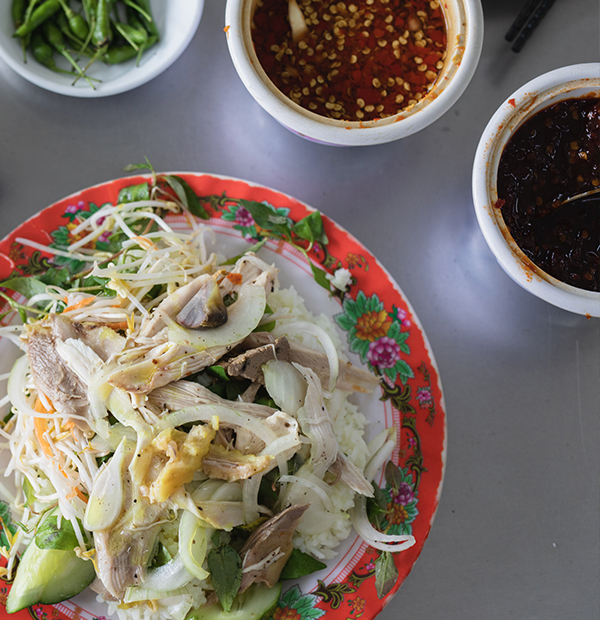
Tam Ky
The capital city of Quang Nam has many historic buildings, beautiful river front, and white-sand beaches, but it’s also famous for its tasty version of com ga, or chicken rice.
Tam Thanh Mural Village
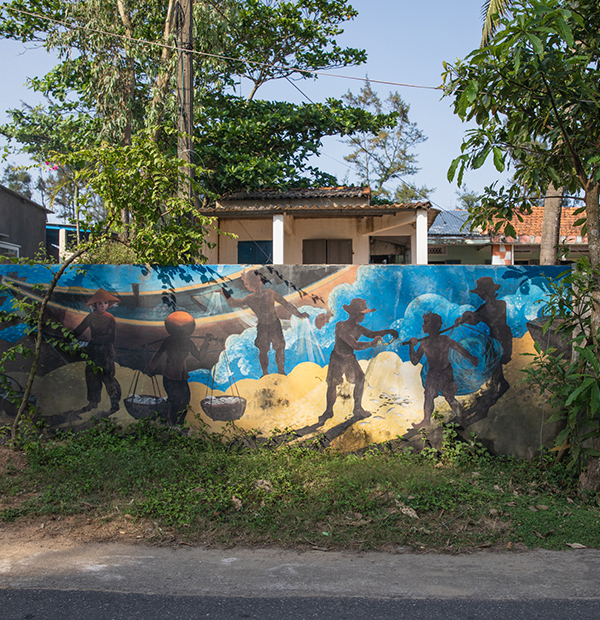
Tam Thanh Mural Village
This quiet fishing village was transformed by a group of Vietnamese and Korean artists into a vibrant mural village. Walk around to see colorful pieces centered around fishing and local life.
The Cham Islands
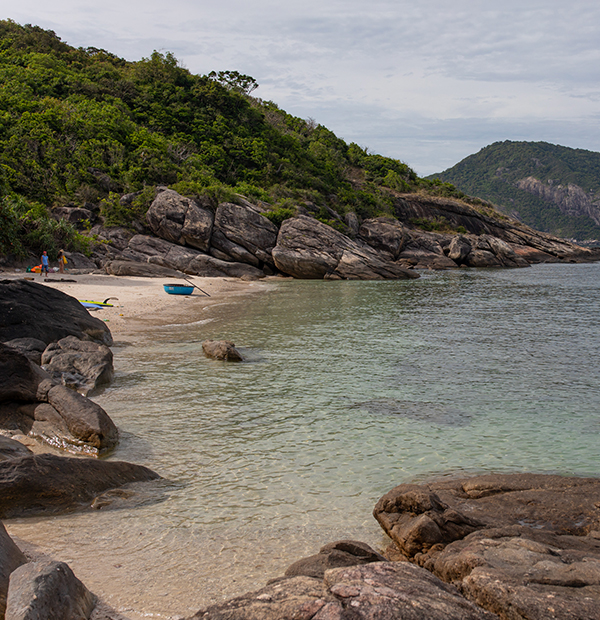
The Cham Islands are a peaceful archipelago blessed with clear water, lush rainforests, and colorful corals. The friendly locals will be happy to show you their fishing villages and beaches.
An Bang Beach
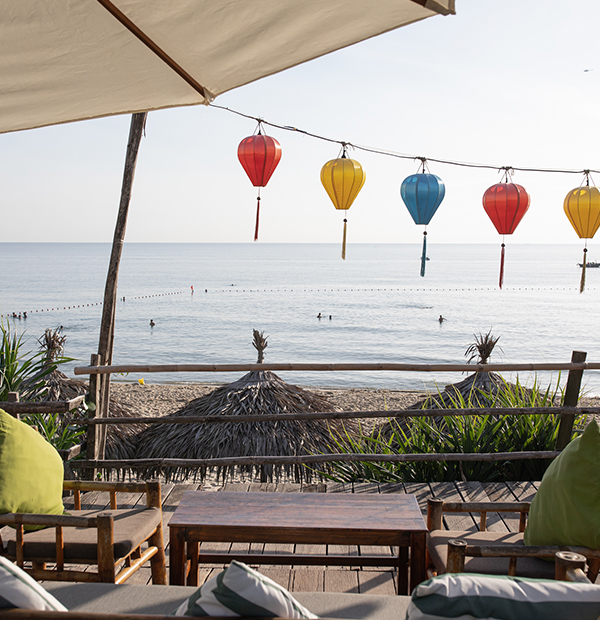
Hoi An’s favorite beach is the perfect place to spend a day in the sun. Try the excellent fresh seafood, join a game of volleyball, or get out on the water on a SUP or surf board.
Hoi An Ancient Town
From the 13th to 15th centuries, Hoi An was an international trading port, selling goods from all over Vietnam to foreign merchants. Today, its well-preserved houses and halls are full of stories.
My Son Sanctuary
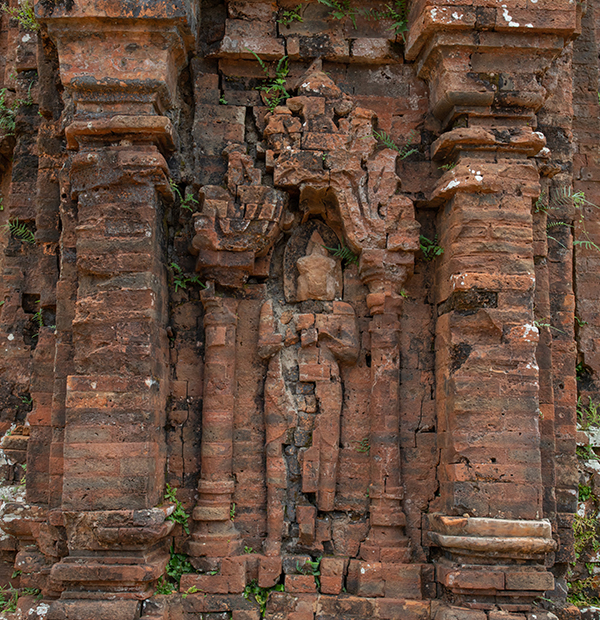
My Son was the spiritual capital of the Cham empire in Central Vietnam. Discovered in the forests of Duy Xuyen in the late 1880s, these temple ruins are a UNESCO World Heritage Site.
Zara Weaving Village

Zara Weaving Village
Zara Village in Nam Giang is known for its skilled weavers. Co Tu women work together in the communal house to make clothes by weaving homespun cotton and beads on bamboo looms.
Bho Hoong Ethnic Village
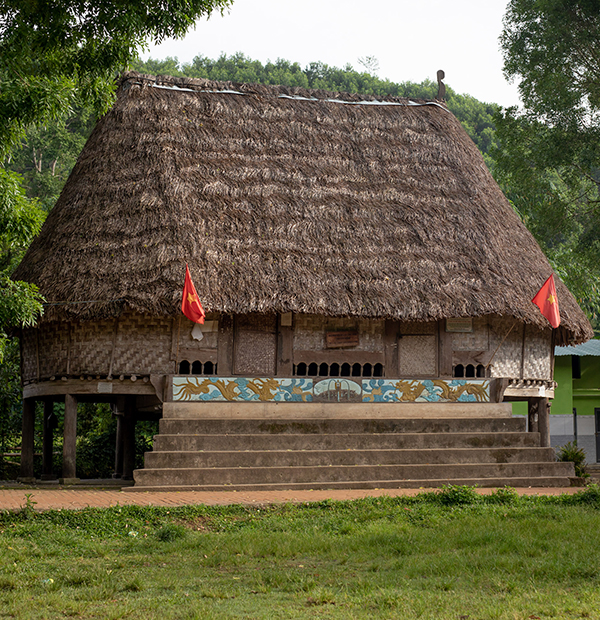
The Co Tu ethnic minority live in this small village along the Kon River. Stay in thatched Moong houses to learn about ethnic crafts and cuisine and immerse yourself in the Co Tu way of life.

